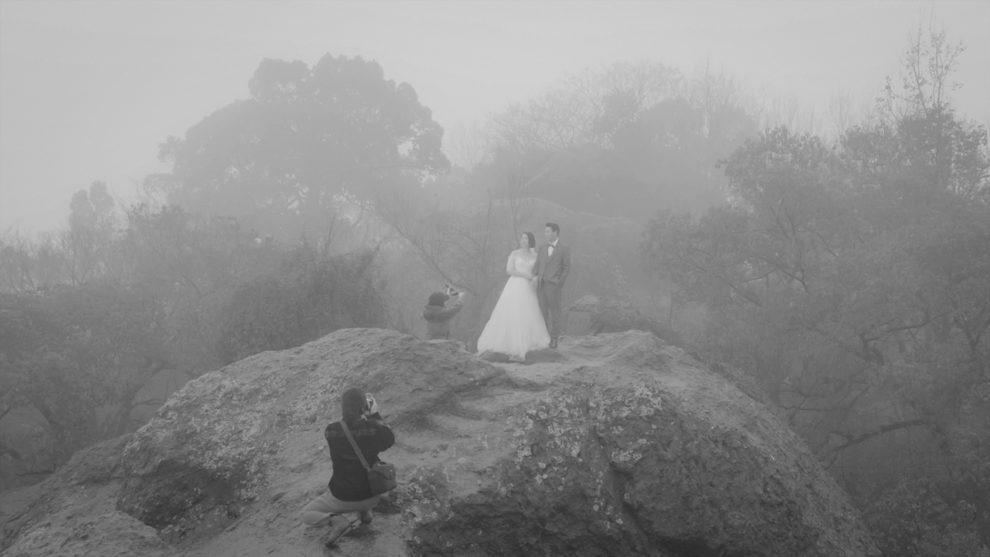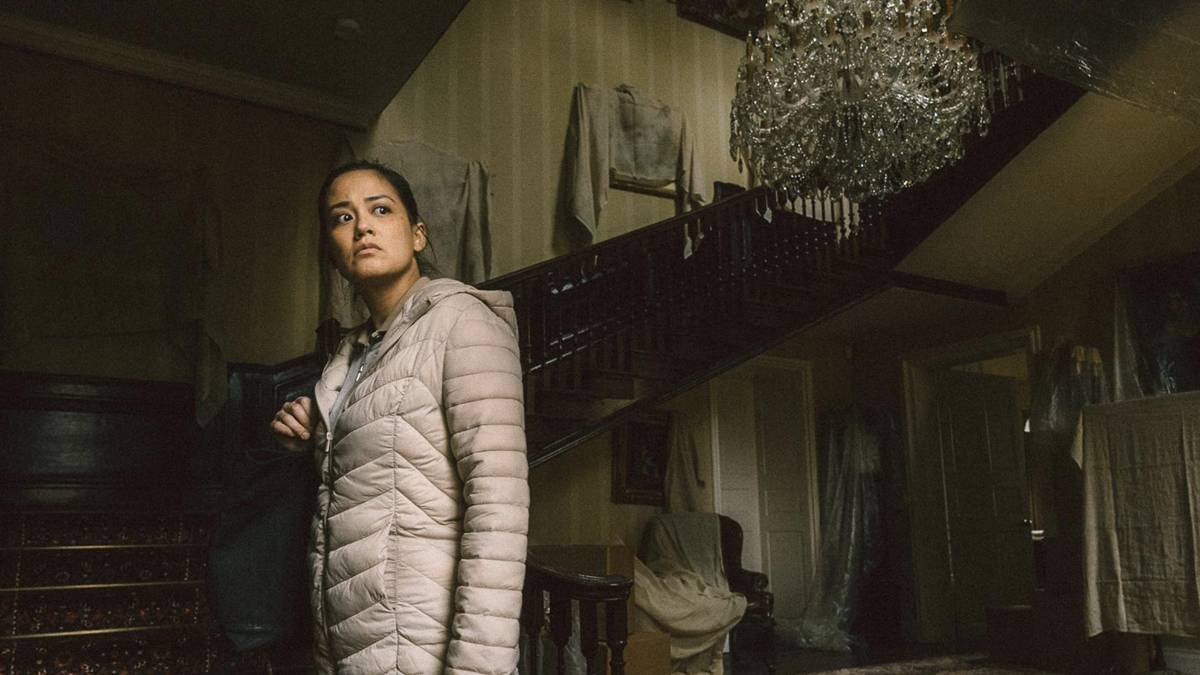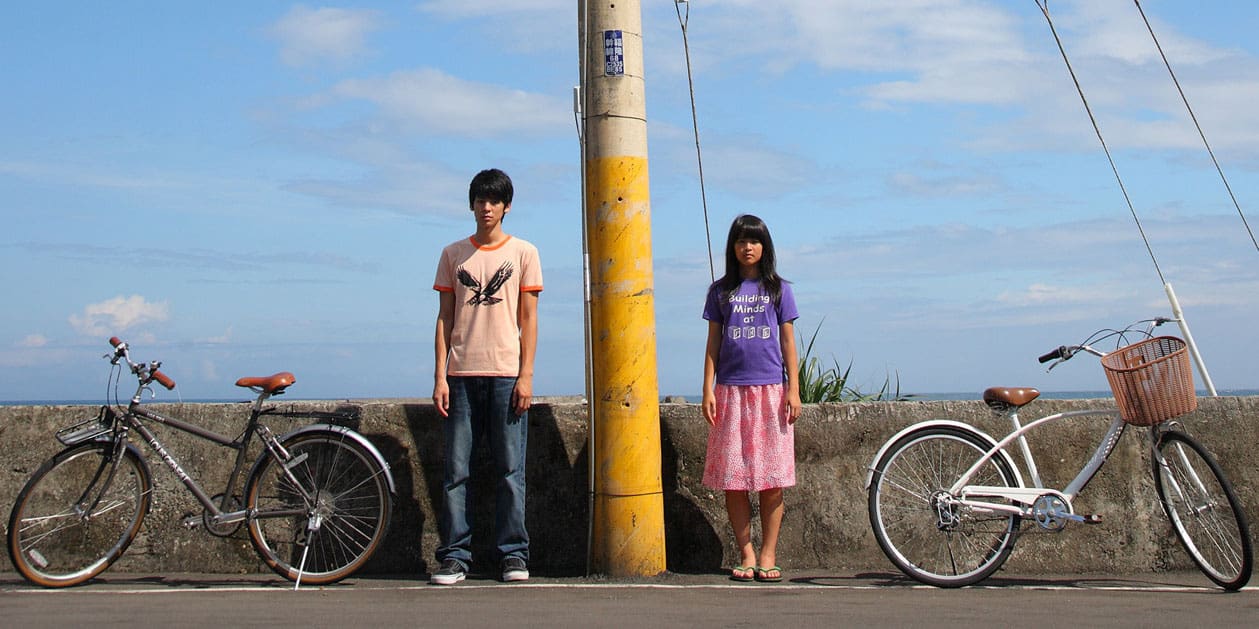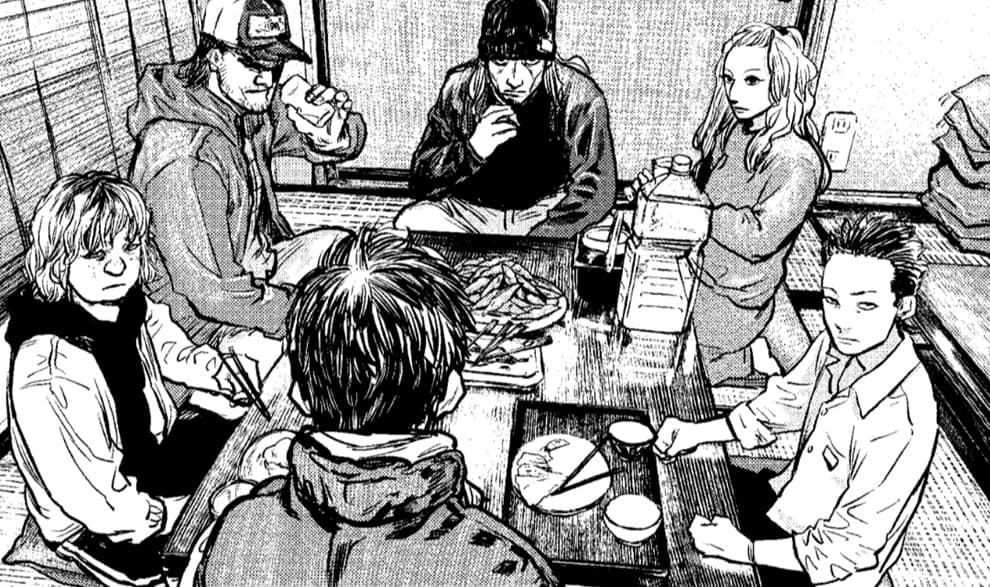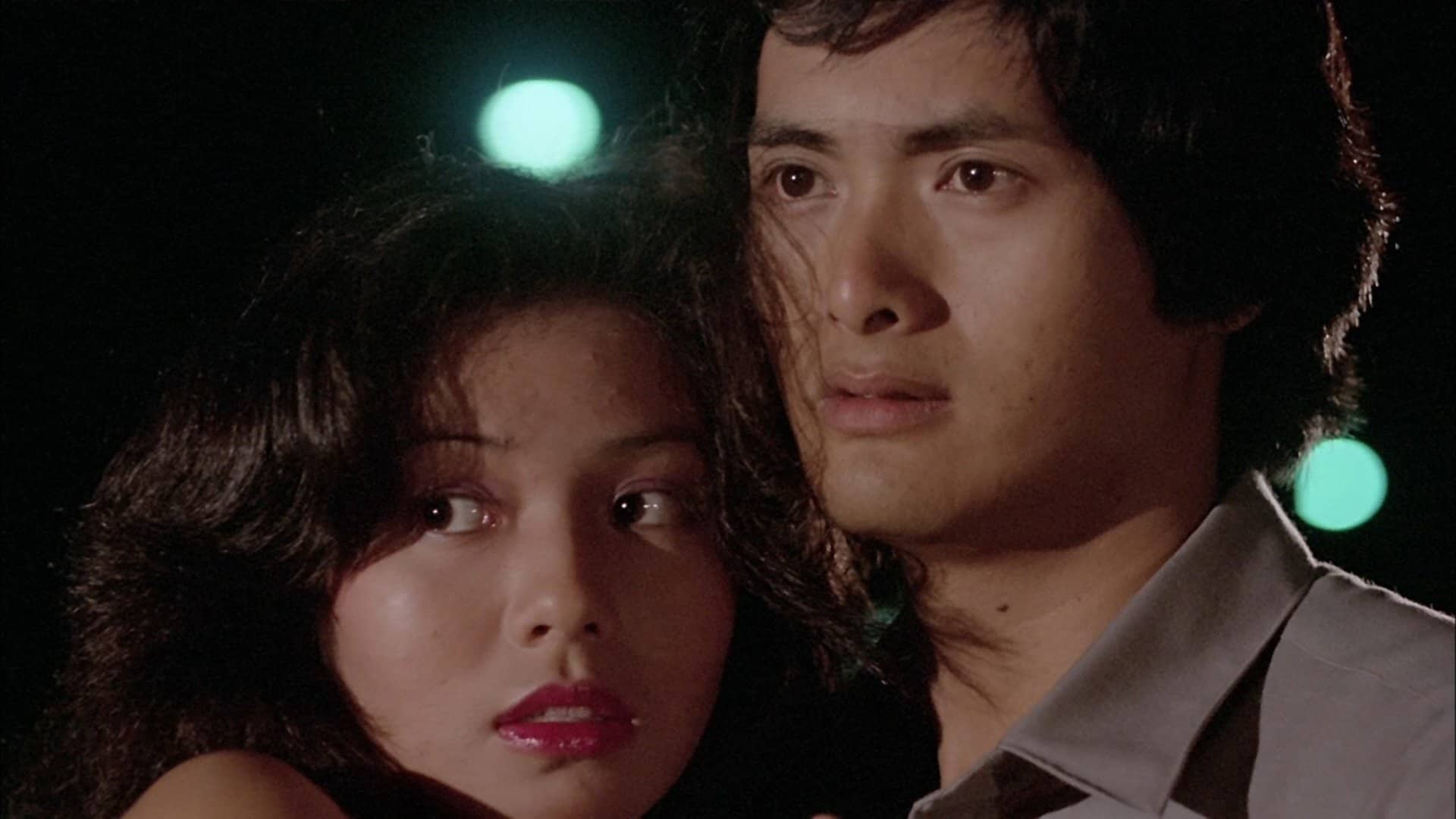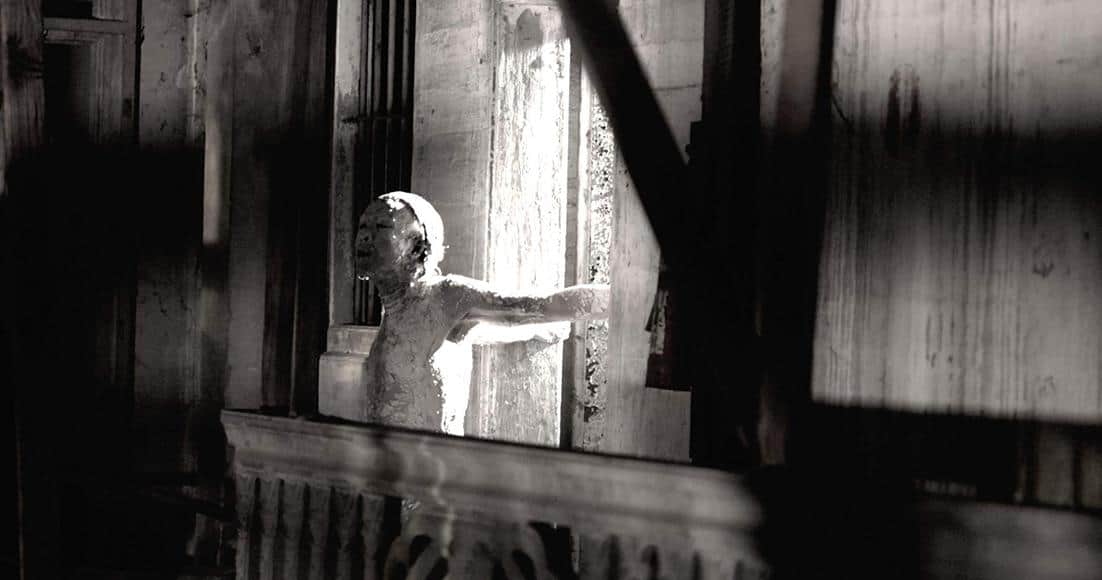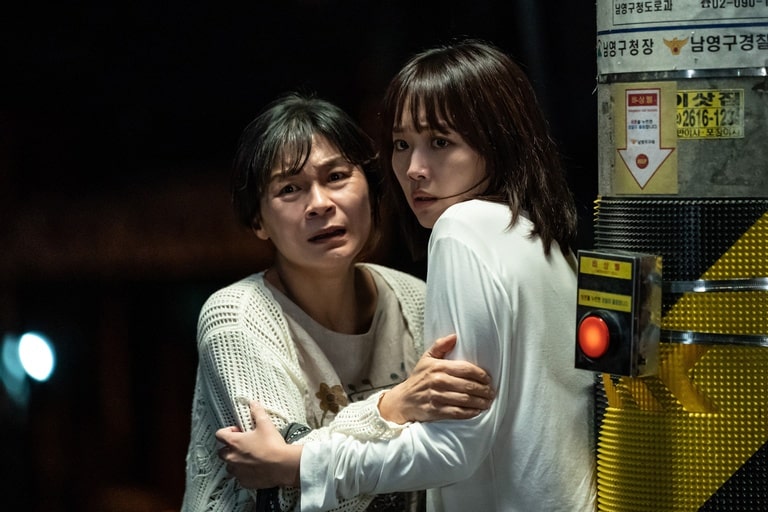The Chinese art-house film, with its similarities with the French New Wave, has been taking European Festivals by storm for some years now, and “The Cloud in Her Room”, which won top awards at Rotterdam, is a definite testament to the fact.
“The Cloud in Her Room” screened at Subversive Film Festival

Te rather thin narrative revolves around Muzi, a 22-year old girl who returns to Hangzhou, where she was born, to meet her divorced parents, who have since moved away from their old apartment and have both had a number of different partners through the years. As Muzi moves among the past and the present and the roads of the city, she meets various people, including her parents and their partners, a bar owner who seems like the personification of the alpha male and soon starts to hang out with her, while her almost steady boyfriend eventually also visits.
The quite original as much as impressive monochrome cinematography of DP Matthias Delvaux is actually the main aspect of the narrative, with everything that take place in front of the screen revolving around the imaging techniques. Negative reversals, unusual framing occasionally bordering on the documentary and occasionally on the surrealistic, and scenes where the white takes completely over the scene all come together in utter harmony to present a number of different sequences, both contextually and stylistically. In that fashion, the road trip segments give their place to sex scenes, to “interviews” , to singing scenes inside bars, to images of tunnels or construction sites or stairwells, all in an effort that seems to highlight how lost Muzi is, perpetually caught among people, locations and timeframes.
It is this approach that gives the movie its intense sense of melancholy, as mirrored in Muzi, with the context seemingly placing an accusation for her situation to her parents, who are eventually revealed as unable to hold neither their marriage nor their capacity as mother and father. At the same time, though, Muzi is not revealed as a victim of her circumstances, but as an individual whose constant sense of loneliness has shaped into a rather self-sufficient and independent woman. That most of the people who interact with her seem to crash on this trait of hers highlights the concept even more, in a comment that finds its apogee in her boyfriend.
Through this approach, another comment is highlighted, that of the futility of trying to hold on monogamous relationships permanently (or even for just long periods of time), as the polyamorous nature of all the protagonists is quite evident throughout the movie.
Furthermore, and much like the French New Wave, smoking cigarettes seems like a theme on itself, with both Delvaux and Zheng Lu giving those scenes an almost “mythical” hypostasis, as the characters occasionally look as if they exist to smoke, in one of the best traits of the movie in terms of style.
The rather abstract narrative approach is handled extremely well in the capable hands of Zheng Lu, who seems to be one of those directors whose technical level is on par with their cinematic ambitions, even more impressively, in her feature debut. Her cooperation with Delvaux is obviously rather important for the success of the film, but her background in photography seems to have played an equally important role in the accomplishments of the work, while her skills in editing are also convincing.

Jin Jing as Muzi embodies the unusual premises of the narrative in the best way, with her exhibiting a number of psychological statuses artfully, even more impressively since her sense of loneliness and melancholia are juxtaposed with a bitter, occasionally ironic humor. Liu Dan as her mother and Ye Hongming as her father are also quite convincing in their parts, as two characters who seem to have been shaped by regret, an inability to let go of the past, and large consumption of alcohol.
“The Cloud in Her Room” is a distinctly art-house film that manages to stand out from the plethora of similar productions circulating among festivals due to its unique cinematic approach. In my mind, however, remains a film that is more European than Chinese, although this is not necessarily a fault.


